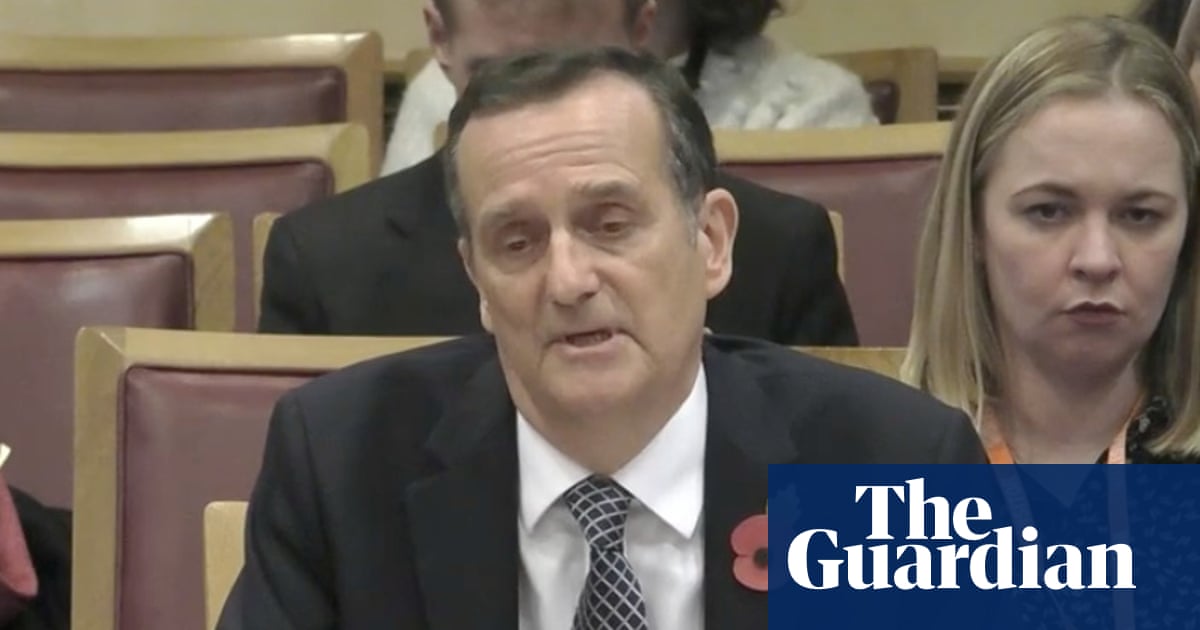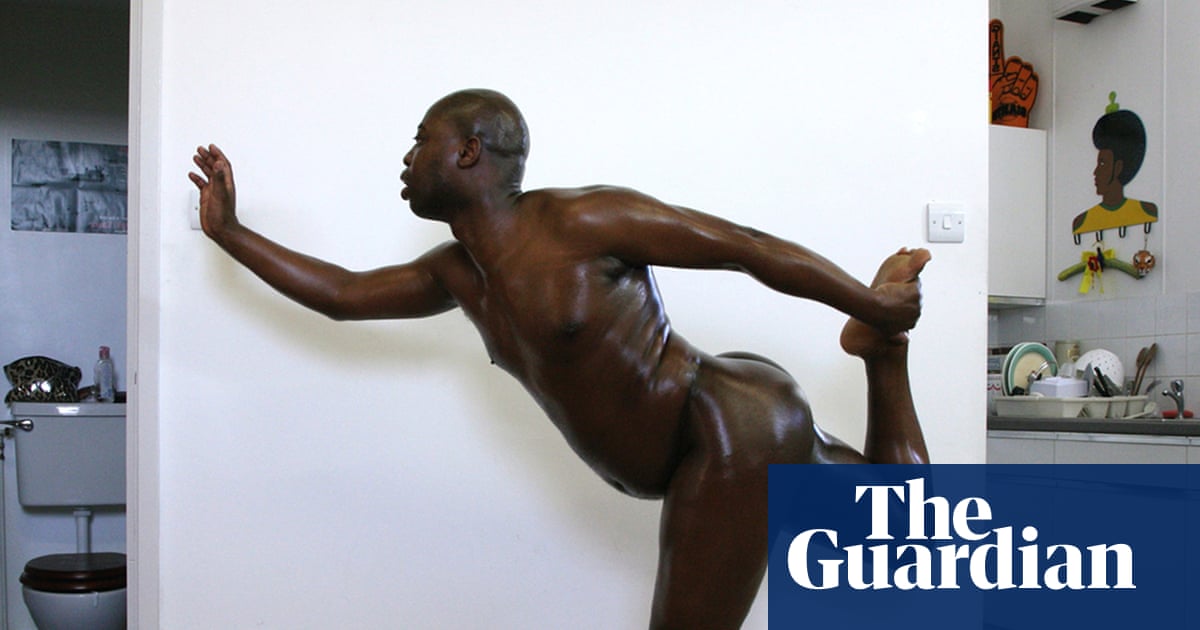It takes a lot of talent to make something as singular as Girls. Then 26-year-old Lena Dunham created, starred in and executive-produced the show. She frequently directed, and she wrote or co-wrote 41 of the extraordinarily raw, realistic (Girls’ sex scenes reduced most screen and polite conventions to rubble), brutally funny and occasionally simply brutal 62 episodes that comprised its six seasons between 2012 and 2017. Girls’ impeccably witty script and sublime characterisations meant it pulled off a near-impossible feat. It made the story of four solipsistic, privileged twentysomethings navigating their lives one sexual/professional/ youthful/contraceptive mistake at a time in New York City compelling, funny and meaningful. As Dunham’s character and semi-alter ego Hannah Horvath said of herself – she may not have been the voice of a generation, but she was definitely a voice of her generation.
Since then, the output of a woman for whom the word “wunderkind” seemed woefully underpowered has itself been underwhelming. Dunham’s much-hyped first book did not deliver a fraction of the humour or insight Girls proved she was capable of – although certain passages did garner much publicity and controversy, a tradition she then continued with various ill-advised (or wilfully misinterpreted) comments on the #MeToo movement, writing out of imagination rather than lived experience and other hot button issues of the past decade or so. Her US remake of Julia Davis’s Camping was widely considered to have lost its originator’s bleak genius in translation, and Dunham’s adaptation of the beloved and brilliant children’s book Catherine Called Birdy, was an inoffensive bagatelle that did not detain critics or commerce long.
Not incidentally, she has had to confront various health issues too. But now, at last, we have a new, original project from Dunham (with contribution from her now husband, indie musician Luis Felber). A television series, no less. Too Much follows the adventures of early-thirtysomething Jessica (Hacks’ formidable Megan Stalter) who flees to London from Brooklyn after a bad break-up. She remains obsessed with her ex, Zev (Michael Zegen), and with the woman he left her for, Instagram star and influencer Wendy (Emily Ratajkowski). She records emotional addresses to Wendy on her phone, privately, as self-therapy but of course this is the modern equivalent of Chekhov’s gun on the mantelpiece, and duly goes off in act three.

Before then, however, she has embarked on a relationship with – oh, the eternal mysteries of creation – indie musician Felix (White Lotus’s Will Sharpe, in another good-guy part that gives him nothing to get his teeth into and leaves him looking very flat indeed beside Stalter’s full-blooded role and performance). He is the antithesis of Zev – patient, laid-back, appreciative of her and never finding her “too much” as her ex, from very early in their relationship which somehow staggered on for eight years, contemptuously and contemptibly did.
There is a laboured joke in the first episode, about the difference between the English estate of Jessica’s period drama-informed imagination and the council flat she ends up in. This should serve as a warning to us all to lower our expectations drastically and save ourselves from as much of the quickly deepening disappointment as possible.
After Jessica’s inaugural encounter with a British pub loo (you can, in fact, feel a very lived experience of Dunham here), the narrative landscape becomes an increasingly desolate place. Jessica sets fire to her nightdress and goes to hospital. Felix shows up with flowers and takes her home. Flashbacks to her life with Zev and an abortive date with a lying footballer show us how much better a bet the new guy is. They have a lot of sex and Dunham aims for her trademark realism – but without Girls’ inherent bleakness it just makes things tonally jarring for the viewer. It abandons any thoughts of innovation and hits cliche after cliche (how “the ick” can suddenly arrive and put you off your beloved for ever, for example – a well worn trope of the kind that would never have passed muster in Dunham’s earlier work). At one point, Felix even tells Jessica admiringly, “You’re so alive!” Not too much, you see! Alive! This guy is great.
There are a few good lines (“I want to make the world a better place for the children I don’t want and may never be ready for”) and insightful moments (Jessica using television programmes about people with lives even messier than hers to soothe herself to sleep) but the irreducible fact remains that Too Much would not be enough from anyone. From Dunham, it is way, way too little.

 3 months ago
53
3 months ago
53

















































